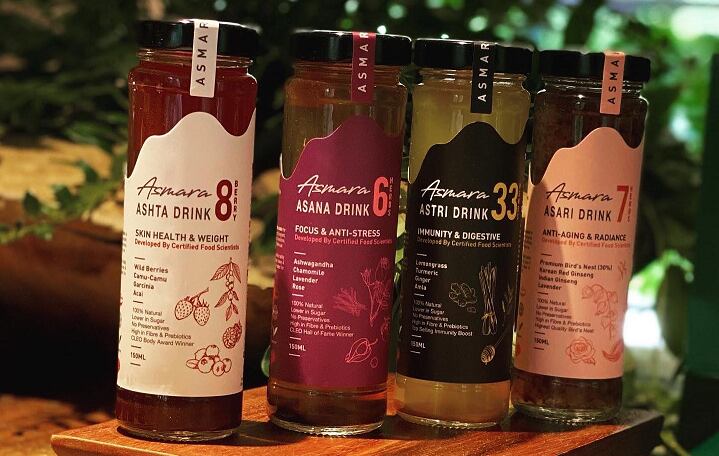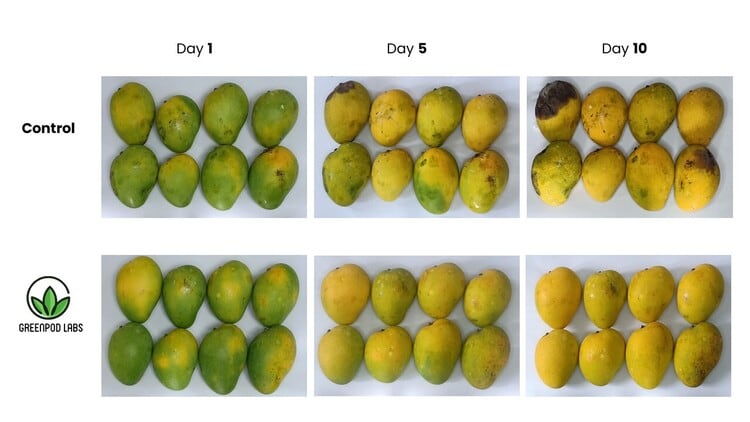This is according to flavour enhancement specialist firm Angel Yeast, which has made a bid to increase the ‘cleanliness’ of their products – both in terms of content and manufacturing process – in order to maximise market value in some of its largest markets.
“[Clean label is not just a trend], it is a mainstream trend in many of the markets that we are operating in, including China and the Middle East,” Angel Yeast Europe Division and company spokesman Eric Ao told FoodNavigator-Asia.
“[We this with] more and more food and beverage manufacturers choosing to use yeast extract to substitute E-numbers and artificial flavors in order to meet the clean labelling position that so many consumers are looking out for, [and yeast is particularly well-suited] for doing this across many food categories including bouillon, sauces, sausages, instant noodles, plant-based foods, snacks, ready meals, beverages and many more.
“Yeast extracts are particularly versatile and applicable when it comes to savoury applications, and using yeast can allow firms to drive flavour innovations in order to create and maximise tremendous market value.
“Case in point, one of our most popular items now is Angeoboost, a yeast extract with strong umami flavours that acts as a clean label option to make savoury food more umami whilst reducing salt [and] substituting MSG.”
In addition to clean label though, more and more consumers in both China and the Middle East are also on the lookout for food products with greener sustainability credentials, all the way down to the ingredients stage - which includes flavourings, even natural ones, and as such Angel Yeast has stepped up its manufacturing game to utilising ‘green manufacturing technology’.
“Green manufacturing technology refers to the modern manufacturing mode that comprehensively considers the environmental impact and resource efficiency under the premise of guaranteeing the function, quality and cost of products,” Ao said.
“We have invested in this green manufacturing in our Binzhou plant, which recently started operations in June 2022. This green plant is expected to help in developing both out local and overseas high-end markets in addition to optimising product varieties and capacity
“Our supply chains are now actively promoting this and smart manufacturing technology to minimise environmental pollution and limit harm, in addition to minimising energy use and maximising resource utilisation.”
The company also announced that it had poured CNY513mn (US$) of investment into environmental protection in 2021, and that its various initiatives had succeeded in reducing CO2 emissions by almost 20,000 tons, water consumption had dropped by 3.1% and power consumption had dropped by 1.4% per ton of yeast produced.
Clean energy has also been one of its major areas of focus – the firm supplied yeast and technology for ethanol fuel production to reduce fossil fuel dependency, and uses clean energy in its own production processes including methane recycling from wastewater.
Combining clean label and clean energy
Moving forward, the firm plans to intensify research into animal-free innovation, an area that is also widely considered to be more environmentally friendly.
“Angel yeast has stepped up the research and development into animal-free proteins, such as microbial proteins and plant proteins,” Angel Yeast Protein Nutrition and Flavouring Technology Centre General Manager Li Pei told us.
“We have been pioneering technology to combine clean energy with microbial protein production, and [believe] that these renewably-produced microbial proteins, which are the less land-intensive yet more environmentally friendly and energy-saving, will be important solutions to help the world address food security issues, and will become a substitute for plant and animal protein.”





